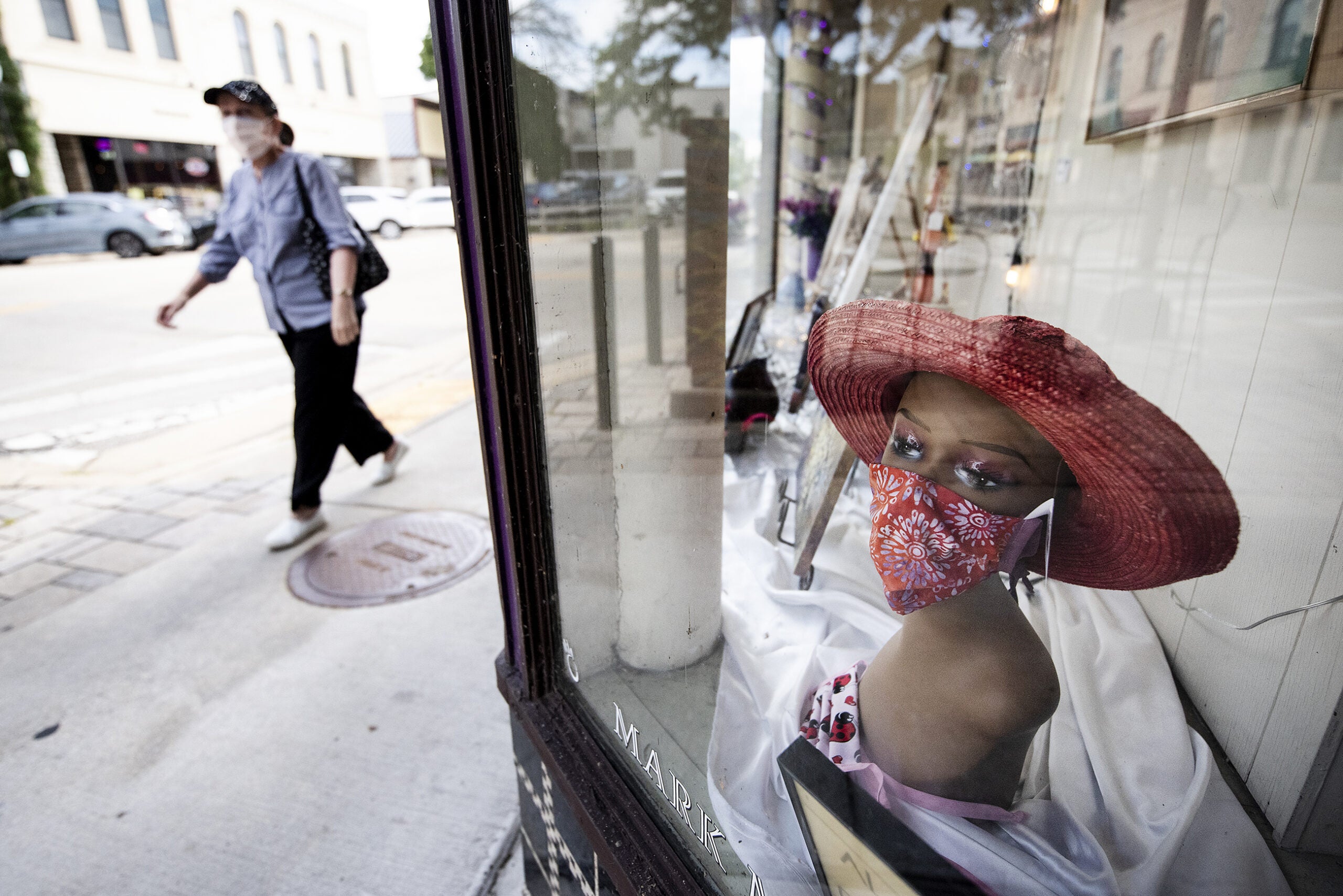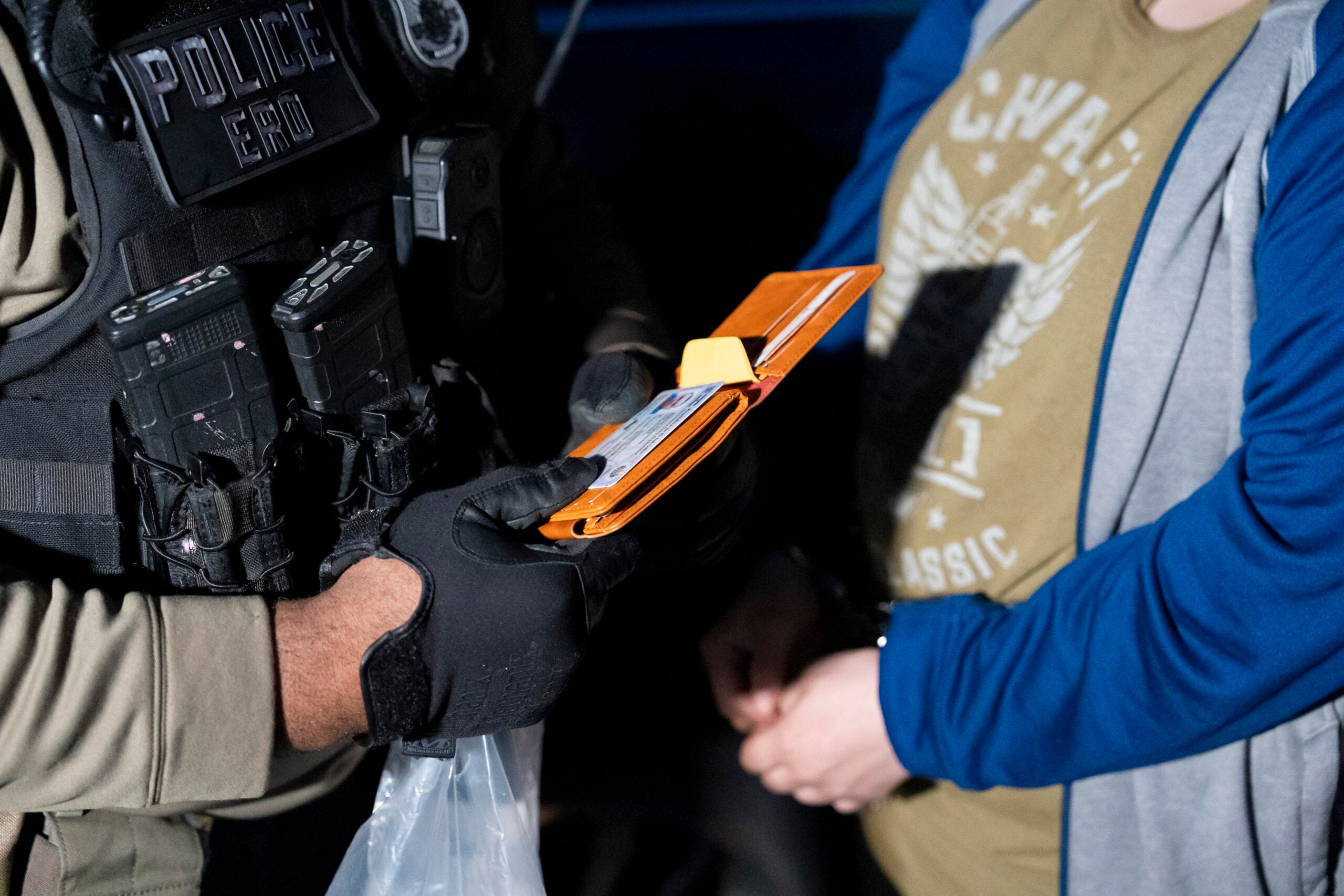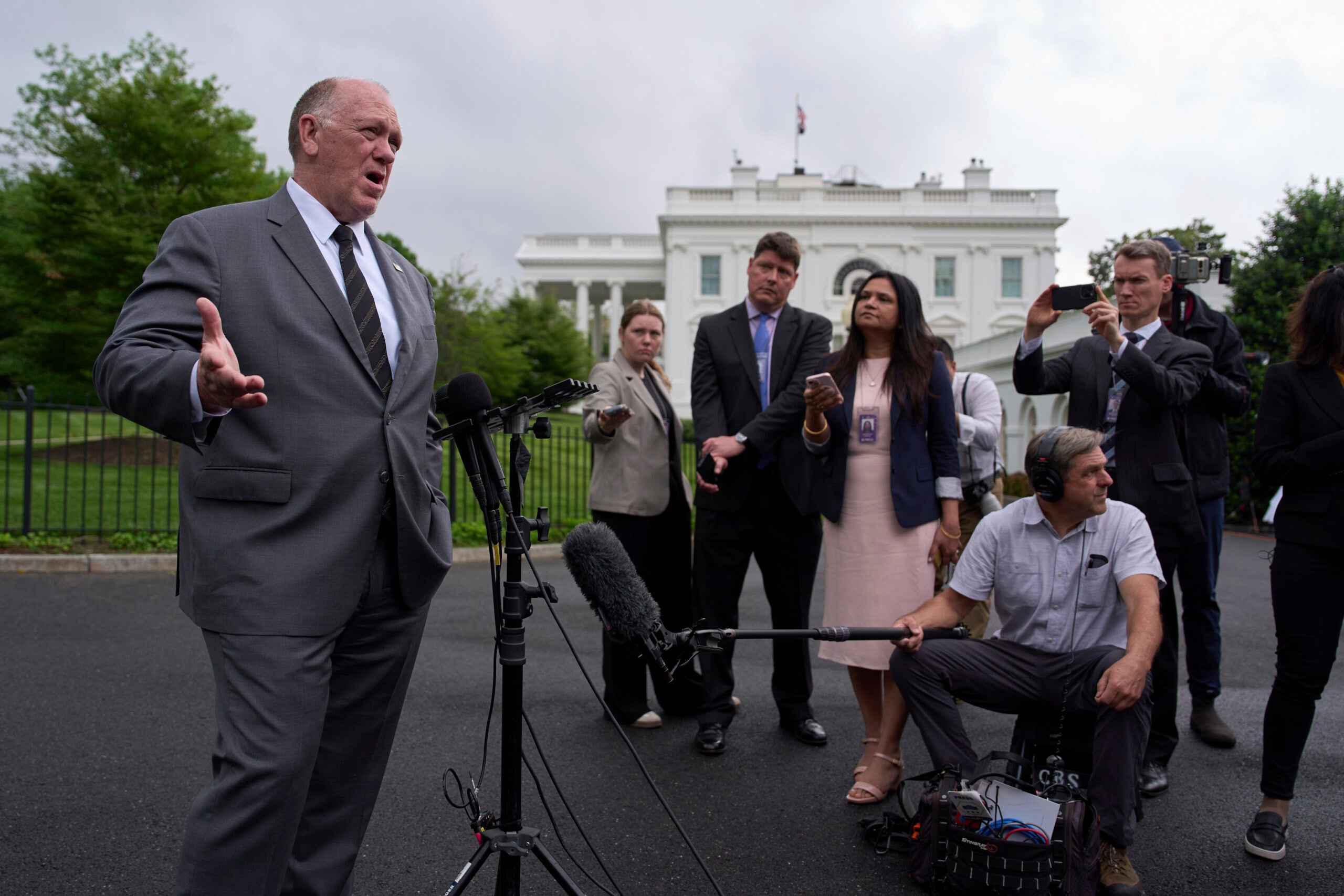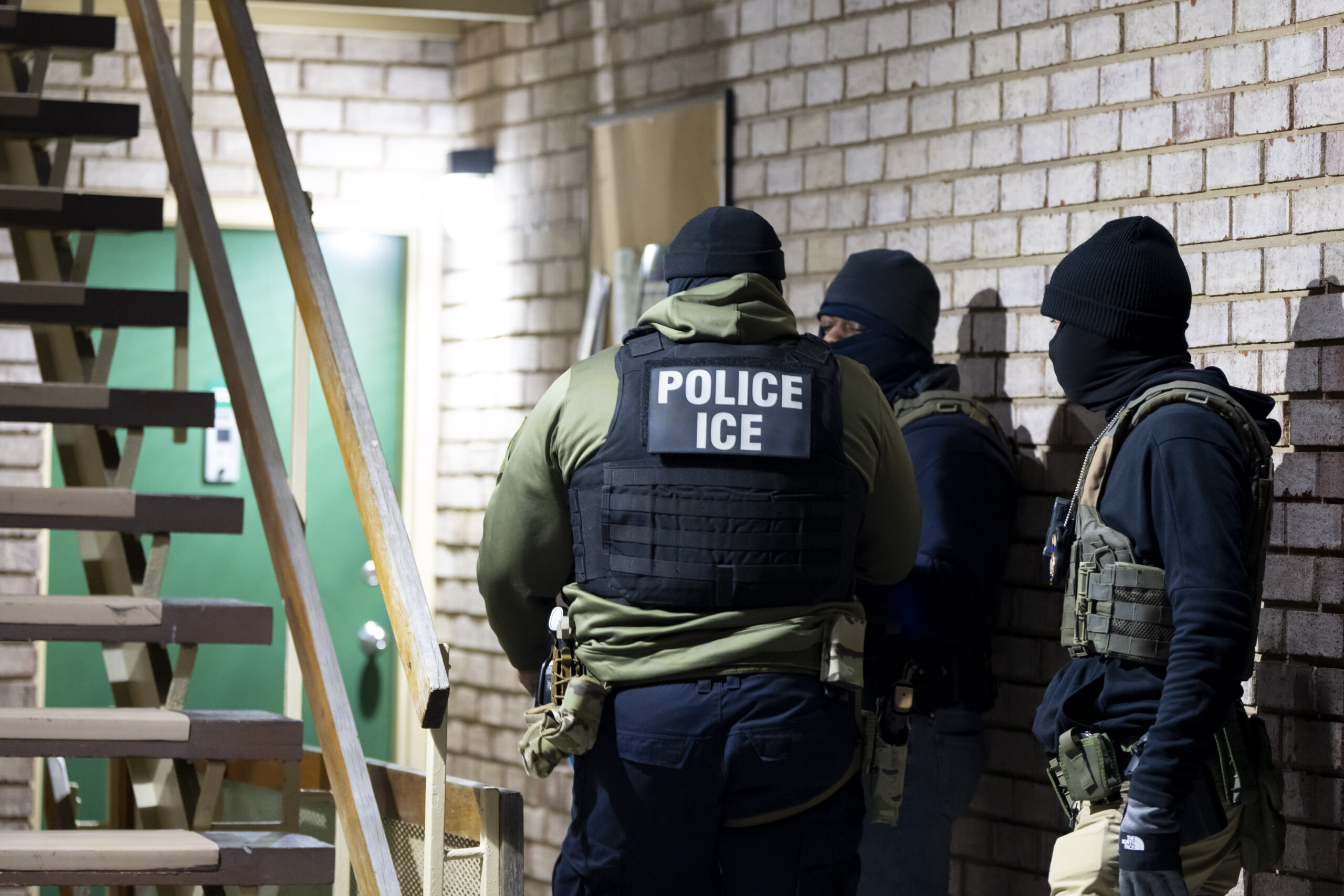Gov. Tony Evers’ administration says the statewide mask mandate it ordered last week aimed at slowing the spread of COVID-19 remains in effect and can be enforced whether or not county sheriffs support it.
Since Evers issued an emergency order July 30 requiring a facemask to be worn in all indoor public spaces, numerous county sheriffs have publicly said they won’t enforce it. But on Tuesday, Evers’ legal counsel Ryan Nilsestuen said local health departments can also recommend citations and fines to their local district attorney’s office for people not complying with the order.
“If a particular sheriff says he’s not going to enforce it, there are other people who can make referrals in order for it to be addressed,” said Nilsestuen. But he added that the administration’s goal isn’t to issue citations.
News with a little more humanity
WPR’s “Wisconsin Today” newsletter keeps you connected to the state you love without feeling overwhelmed. No paywall. No agenda. No corporate filter.
“So, we hope that this is used as an educational opportunity and that people are encouraged to do the right thing and to wear a face covering to help slow the spread,” he said. “And as we said earlier today, it doesn’t necessarily have to come down to enforcement in order to get people to do the right thing.”
In a statement sent to WPR, analyst Madeline Kasper with the nonpartisan Wisconsin Legislative Reference Bureau said there is no specific language in the governor’s emergency mask order laying out who might bring legal actions against those in violation.
“The statutes provide that in the absence of express language to the contrary, the default authority to bring a forfeiture action is the local district attorney. A forfeiture action could be brought as a result of a referral from local law enforcement or a local health official,” said Kasper.
Kasper said that while any fines issued would be civil actions, “It may be the case that law enforcement is involved in the investigation or otherwise assisting local health officers, and other charges could be filed in conjunction with the incident.”
Washburn County Sheriff Dennis Stuart was among the first to publicly say he wouldn’t enforce the mask order. In a Facebook post he said the mandate was “government overreach and unconstitutional on many levels.”
“My deputies have sworn an oath to the Constitution, and when a law or order is in conflict, we must defend the individual rights of our people,” Stuart said. “You have an individual right to make your own medical decisions. We as government officials shall not intrude. The Constitution can’t be suspended, whether people get sick or not.”
Badger State Sheriffs’ Association Executive Director Dean Meyer told WPR that it’s been frustrating to see a lack of cooperation between the governor’s office and Republican state lawmakers. He pointed to the Wisconsin Supreme Court overturning Evers’ “Safer at Home” Order in May as an example of executive overreach.
“And now we are continuing with a single person, with the stroke of a pen, deciding what’s good for the state,” said Meyer. “We need our state leaders to step up, work together for the good of the citizens and come up with answers based on laws and representatives that were elected to make these decisions. And we’re not seeing that out of Madison.”
Wisconsin state Senate Majority Leader Scott Fitzgerald, R-Juneau, has said that GOP lawmakers in his chamber are ready for a vote to override the mask order, though Republicans in the state Assembly haven’t made any similar commitments. To override Evers’ emergency order, Republicans would need a majority vote in both chambers of the Legislature.
Wisconsin Public Radio, © Copyright 2026, Board of Regents of the University of Wisconsin System and Wisconsin Educational Communications Board.





